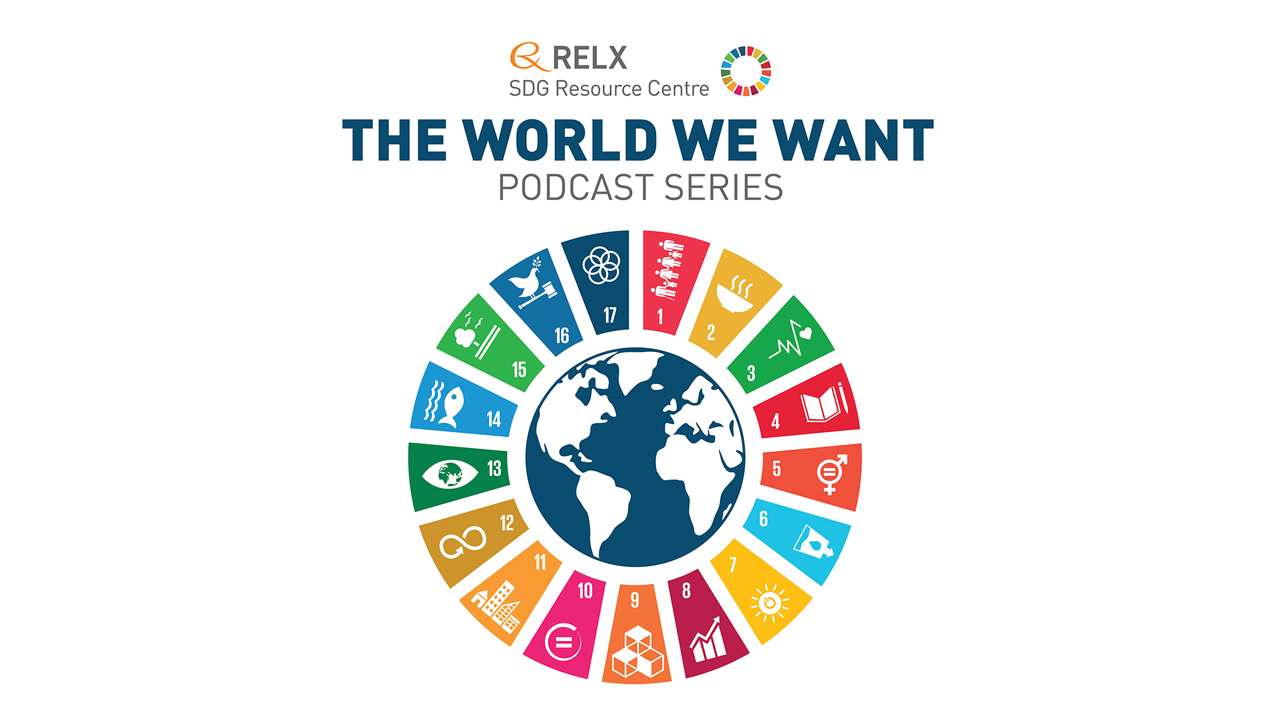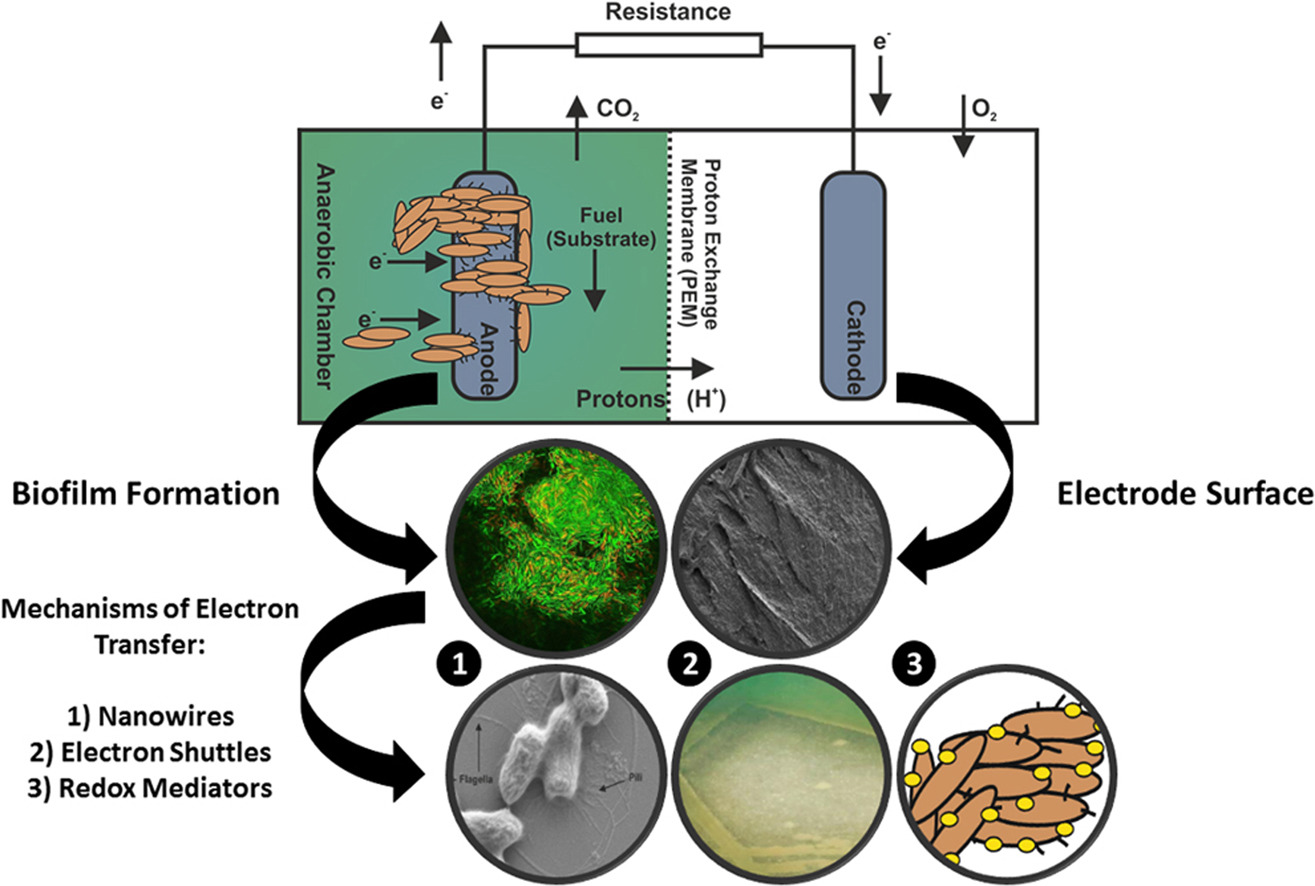Fossil fuels, including coal, oil, and natural gas, play a significant but complex role in the context of the Sustainable Development Goals (SDGs). On the one hand, they have historically contributed to economic growth and development (SDG 8), and in many parts of the world, they still provide a significant portion of the energy supply (SDG 7). On the other hand, the extraction and combustion of fossil fuels lead to environmental degradation and climate change (SDG 13), air pollution (SDG 3), and can negatively impact life below water and on land (SDGs 14 and 15). Thus, achieving the SDGs necessitates a transition from fossil fuels to more sustainable forms of energy (SDG 7) and the development of technologies and practices to mitigate the negative impacts of fossil fuel use.
Partner content
Global Citizen, 7th February 2020
Research into alternative renewable energy generation is a priority, due to the ever-increasing concern of climate change. Microbial fuel cells (MFCs) are one potential avenue to be explored, as a partial solution towards combating the over-reliance on fossil fuel based electricity. Limitations have slowed the advancement of MFC development, including low power generation, expensive electrode materials and the inability to scale up MFCs to industrially relevant capacities. However, utilisation of new advanced electrode-materials (i.e.
Fossil fuel subsidies are a key barrier for economic development and climate change mitigation. While the plunge in international fuel prices has increased the political will to introduce fossil fuel subsidy reforms, recently introduced reforms may risk backsliding when fuel prices rebound − particularly if they fail to address the underlying mechanisms that create demand for low fossil fuel prices. Extant literature has mostly focused on the consequences of fossil fuel subsidies, including their economic or environmental impact, and the social contract that make their reform difficult.


